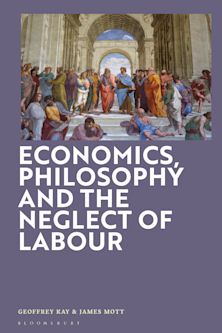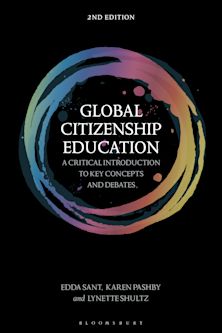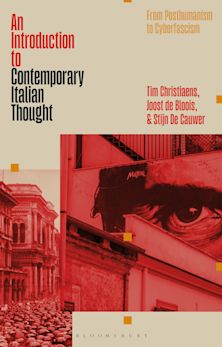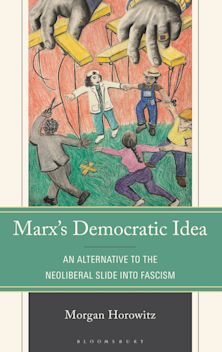How Does a Society Change?
Reflexivity in Politics and Education
How Does a Society Change?
Reflexivity in Politics and Education
This product is usually dispatched within 1 week
- Delivery and returns info
-
Free CA delivery on orders $40 or over
Description
One of the most challenging questions of today concerns how human activities threaten the conditions for our very own existence. With one crisis leading into the next, the need for socio-political change is necessary and desirable, yet so hard to imagine in practice. At the heart of the matter is a deeper crisis of the socio-political imagination.
To understand how a society produces and changes itself, Ingerid S. Straume points to historical and contemporary institutions and the imaginaries they embody, and argues that the key to social creativity is found in the reflexive potential of institutions, especially politics and education. Neoliberal rationality, on its part, has become dominant in many parts of the world, precisely by occulting the socio-political capacity for self-reflection. This occultation takes place in academic theories, policy reforms, technologies, and in individuals’ self-understanding. In response to the planetary eco-crises and the weakening of democratic ideals, a new approach is needed where collectives, not individuals in isolation, become the mode for living well within existing, natural limits.
Inspired by important political thinkers such as Cornelius Castoriadis and Hannah Arendt, How Does a Society Change? develops a theoretical framework to elucidate how politics and education are two interrelated domains wherein a society may openly reflect upon itself. In short, a society that recognizes its capacity to change itself also recognizes the transformative, instituting potential of politics and education.
Table of Contents
Introduction: Political-Educational Questioning
Chapter 1: The Politics of Education
Chapter 2: Educational Imaginaries: From Investment to Question
Chapter 3: Conceptions of Education and Why It Matters
Chapter 4: Political Imaginaries of Democracy and Citizenship
Chapter 5: Extraordinary Politics, Extraordinary Education, or: How Does a Society Change?
Afterword
References
Index
About the Author
Product details
| Published | May 17 2023 |
|---|---|
| Format | Hardback |
| Edition | 1st |
| Extent | 158 |
| ISBN | 9781786611529 |
| Imprint | Rowman & Littlefield Publishers |
| Dimensions | 239 x 158 mm |
| Series | Social Imaginaries |
| Publisher | Bloomsbury Publishing |
Reviews

ONLINE RESOURCES
Bloomsbury Collections
This book is available on Bloomsbury Collections where your library has access.



































